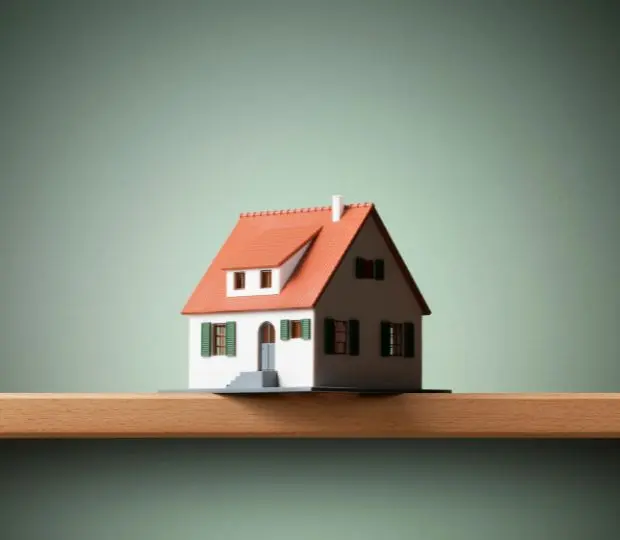Can I Legally Stay in My House During a Divorce in New York?

Can I Legally Stay in My House During a Divorce in New York?
When navigating the emotional and legal complexities of a divorce, one of the most pressing questions for many is, "Can I stay in my house during the divorce process?" This concern is about maintaining a sense of normalcy and ensuring security and stability during a tumultuous time. Understanding the legal framework surrounding this issue is crucial for those residing in New York.
Understanding "Exclusive Occupancy" Orders

In the state of New York, the courts recognize the importance of the marital home to both parties involved in a divorce. As such, decisions regarding who stays in the home during the divorce process are made with careful consideration of various factors, including but not limited to the welfare of any children involved, the financial situation of both parties, and any instances of domestic violence.
One legal mechanism that addresses this concern is the issuance of an "exclusive occupancy" order. This order can be requested as part of a temporary relief request during the divorce proceedings. Exclusive occupancy orders are granted at the discretion of the court and can mandate that one spouse has the exclusive right to live in the marital home while the divorce is pending.
Factors Influencing the Court's Decision
The courts in New York weigh several factors when deciding on exclusive occupancy, including:
- The best interests of any children living in the home: The stability and welfare of children are of paramount concern. If staying in the home would best support the children's emotional and physical well-being, this will be a significant factor.
- Safety and welfare of the parties: If there have been instances of domestic violence, the safety of the victimized spouse can warrant an exclusive occupancy order.
- Financial implications: The ability of each spouse to secure alternative accommodation can also influence the court's decision. However, financial inconvenience alone is not typically sufficient to deny a request for exclusive occupancy.
Steps to Requesting Exclusive Occupancy
If you wish to request exclusive occupancy of your marital home during your divorce, it's advisable to consult with a legal professional specializing in family law. They can guide you through the process, which generally involves:
Filing a Motion
You'll need to file a motion for temporary relief, requesting exclusive occupancy as part of your divorce proceedings.
Presenting Evidence
You may need to present evidence supporting your claim for exclusive occupancy. This could include documentation of financial statements, instances of domestic violence, or affidavits detailing why exclusive occupancy is in the best interest of your children.
Attending a Hearing
Both parties will have the opportunity to present their case during a hearing, after which the judge will make a decision.
Practical Considerations
While the legal process unfolds, it's crucial to consider practical aspects such as your emotional well-being, financial stability, and the logistics of potentially moving out or staying in the marital home. Collaborative approaches, divorce mediation, and negotiation can sometimes result in a more amicable agreement regarding living arrangements without necessitating a court order.
Conclusion
The question of whether you can legally stay in your house during a divorce in New York depends on several factors, with the court's primary focus on ensuring the safety and well-being of all parties involved. Legal guidance from Michelle Bullock Law and Mediation, PLLC can provide invaluable assistance in navigating these waters, helping you to understand your rights and options during this challenging time.
Remember, every divorce case is unique, and the guidance of a knowledgeable divorce attorney can help you make informed decisions that best suit your personal situation.



